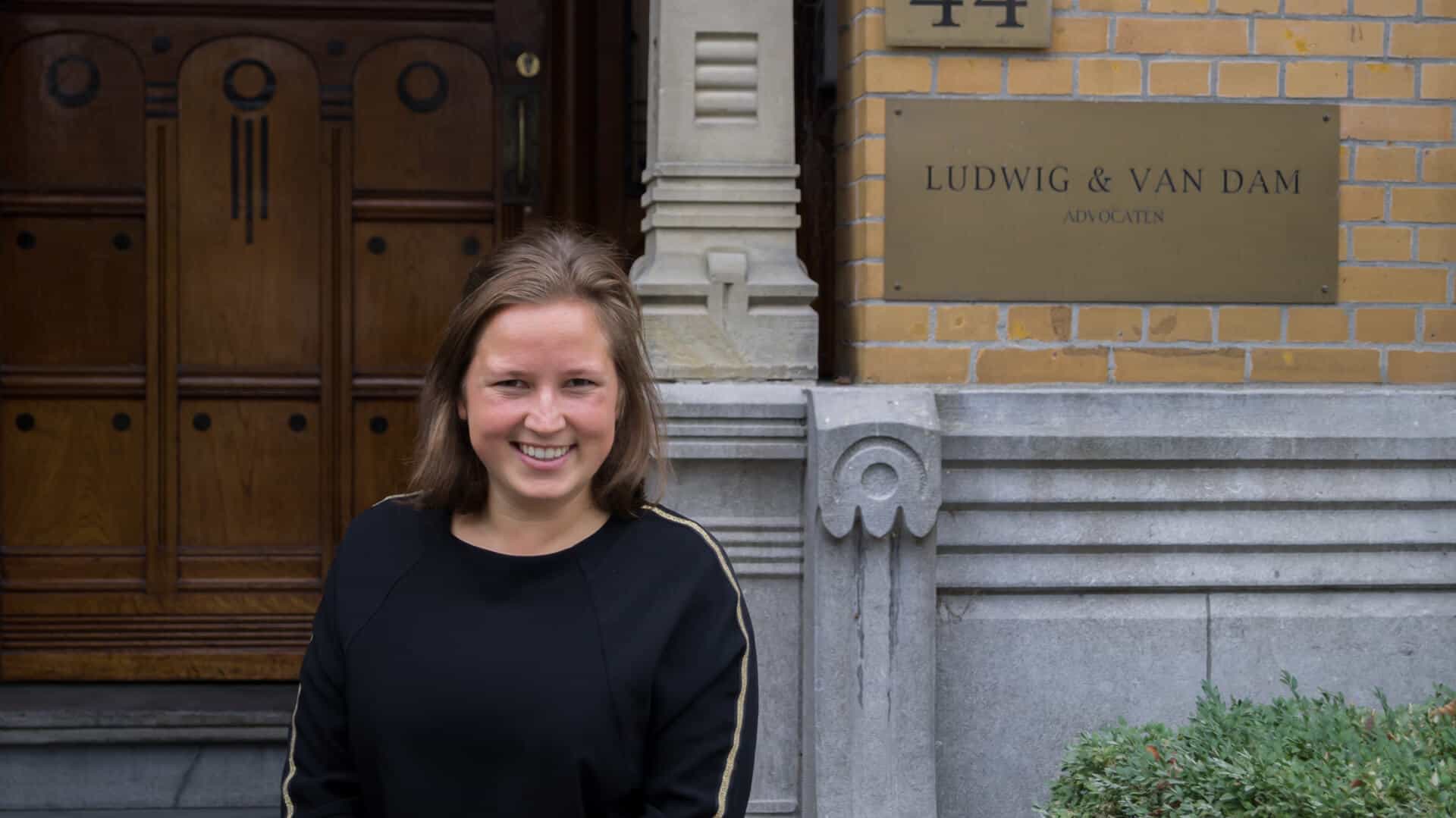The franchise agreement under suspensory condition: major consequences
The Court of Appeal in The Hague recently bowed its head to the question of how the history of the franchise agreement’s formation relates to the franchise agreement itself. Can an obligation from the franchise agreement be rendered ineffective because the franchisor and the (prospective) franchisee have discussed this differently in the pre-contractual phase? The Court of Appeal in The Hague confirms this. The (provision included in the) franchise agreement is therefore not always decisive.
In the present case, a (prospective) franchisee is interested in operating a franchise aimed at applying a slimming method and selling associated products. For that reason, she has had extensive contact with the franchisor. This contact eventually leads to the signing of a five-year franchise agreement.
The franchise agreement agreed between the parties stipulates that the franchisee must meet minimum training requirements, including training as a recognized dietitian, weight consultant and nutritionist. When signing the franchise agreement, the franchisee does not yet meet the training requirements and it is therefore clear from the correspondence conducted prior to signing the franchise agreement that the franchisee will first follow a training course before actually starting to operate the franchise. On this basis, the franchisee had therefore assumed that no financial obligation whatsoever would apply at the time of signing the franchise agreement. However, the franchisor appeals to the financial agreements included in the franchise agreement.
The financial costs associated with the start-up of the franchise business, according to the franchise agreement, consisted of purchasing a start-up stock of products before the start of the franchise agreement. In addition, an entrance fee of € 12,500 (excl. VAT) had to be paid at the start of the Agreement, of which 40% upon signing the Agreement and 60% within two years.
After the cooperation is unsuccessful because the franchisee does not complete her training, the franchisor claims various amounts, including the entrance fee and the fee for the start-up package. The Court of Appeal of The Hague has ruled on this as follows.
The formation history of the franchise agreement can provide insight into the expectations that the parties may have of each other. It is clear from the correspondence that the parties conducted prior to the signing of the franchise agreement that they discussed at length the training still to be followed by the franchisee. In view of the correspondence prior to the conclusion of the franchise agreement, according to the Court of Appeal of The Hague, it appears that the intention of the franchisor and franchisee was to enter into the franchise agreement under the suspensory condition of successful completion of the required training by the franchisee, despite the fact that this agreement was not is included in the franchise agreement itself. For that reason, the franchisee does not owe the financial obligations arising from the franchise agreement – including the payment of the entrance fee and the purchase of the start-up package – since it has never completed the training, despite the fact that both parties have signed the franchise agreement at some point. After all, if a suspensive condition is not met, no franchise agreement will be concluded.
The franchisor must therefore take into account that the agreements included in the franchise agreement are not always decisive when agreed otherwise with the franchisee, even if this communication took place prior to the signing of the franchise agreement. Nevertheless, it is always advisable to record deviating agreements to avoid misunderstandings.
Ludwig & Van Dam lawyers, franchise legal advice.
Do you want to respond? Then email to munnik@ludwigvandam.nl

Other messages
When does a franchisor go too far when recruiting franchisees?
The judgment of the Court of Appeal of Arnhem-Leeuwarden on 5 February 2019 dealt with whether the franchisor had acted impermissibly when recruiting the franchisees.
Advisory Board on Regulatory Pressure (ATR) advises State Secretary Keijzer about the Franchise Act
In short, it is first advised to actively inform franchisors and franchisees about this amendment to the law.
Post non-competition ban on services and sales franchise
When a franchise agreement ends, many franchisees encounter a prohibition in the franchise agreement to perform similar work for a period of time thereafter
The concept of the Franchise Act: impact for franchisors and franchisees – dated February 5, 2019 – mr. AW Dolphin
Ludwig & Van Dam Advocaten believes that if the draft of the Franchise Act actually becomes law, a lot will change for franchisors and franchisees.
Buy franchise business and the laid off sick employee from 7 years ago
The question is whether a Bruna franchisee, when selling the franchise company to Bruna, should have stated that seven years ago an employee had left employment sick.
Court prohibits Domino’s unilateral area reduction when extending franchise agreements – dated January 28, 2019 – mr. RCWL Albers
On January 9, 2019, the District Court of Rotterdam rendered a judgment in a lawsuit initiated by the Association of Domino's Pizza Franchisees and all its members (almost all Domino's franchisees).






